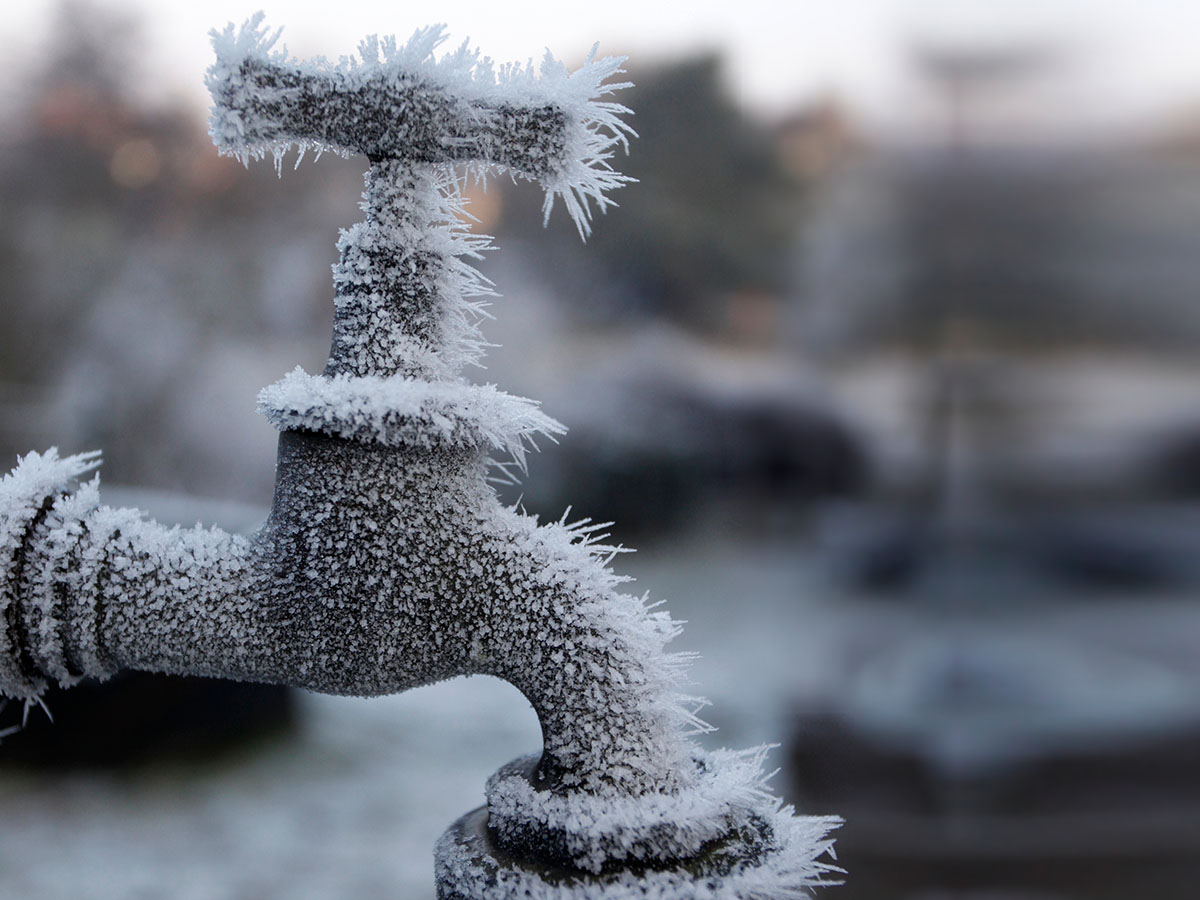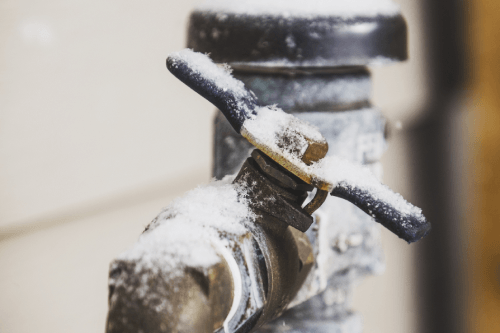Advice for Preventing Frozen Plumbing in Cold Weather: Professional Advice
Advice for Preventing Frozen Plumbing in Cold Weather: Professional Advice
Blog Article
How do you feel in relation to How To Avoid Freezing Pipes?

Winter can ruin your pipes, especially by freezing pipelines. Below's just how to prevent it from taking place and what to do if it does.
Introduction
As temperature levels decrease, the danger of frozen pipes rises, potentially resulting in expensive repair work and water damages. Understanding how to avoid icy pipelines is vital for house owners in chilly climates.
Understanding Icy Pipes
What causes pipelines to freeze?
Pipes ice up when subjected to temperatures listed below 32 ° F (0 ° C) for extended durations. As water inside the pipes ices up, it broadens, putting pressure on the pipeline wall surfaces and potentially creating them to burst.
Dangers and damages
Frozen pipes can cause water supply disruptions, residential property damage, and costly repair work. Ruptured pipelines can flood homes and cause extensive structural damage.
Indications of Frozen Water Lines
Recognizing frozen pipes early can stop them from breaking.
Just how to recognize icy pipelines
Try to find reduced water circulation from faucets, unusual odors or noises from pipelines, and noticeable frost on exposed pipelines.
Avoidance Tips
Protecting susceptible pipelines
Wrap pipes in insulation sleeves or make use of heat tape to safeguard them from freezing temperatures. Concentrate on pipelines in unheated or outside areas of the home.
Heating strategies
Maintain interior rooms properly warmed, specifically areas with plumbing. Open up cabinet doors to permit warm air to distribute around pipes under sinks.
Securing Exterior Plumbing
Garden tubes and outdoor faucets
Separate and drain garden tubes before winter season. Install frost-proof faucets or cover outdoor faucets with shielded caps.
What to Do If Your Pipelines Freeze
Immediate activities to take
If you think icy pipes, maintain taps open to alleviate pressure as the ice thaws. Use a hairdryer or towels taken in warm water to thaw pipelines gradually.
Long-Term Solutions
Structural changes
Think about rerouting pipelines away from exterior wall surfaces or unheated areas. Add added insulation to attics, basements, and crawl spaces.
Updating insulation
Buy top quality insulation for pipelines, attic rooms, and wall surfaces. Proper insulation helps preserve constant temperatures and reduces the threat of icy pipes.
Conclusion
Avoiding icy pipelines needs aggressive steps and fast actions. By comprehending the causes, indications, and safety nets, home owners can protect their plumbing during cold weather.
6 Proven Ways to Prevent Frozen Pipes and Protect Your Home
Disconnect and Drain Garden Hoses
Before winter arrives, start by disconnecting your garden hoses and draining any remaining water. Close the shut-off valves that supply outdoor hose bibs and leave the outdoor faucet open to allow any residual water to drain. For extra protection, consider using faucet covers throughout the colder months. It’s also important to drain water from any sprinkler supply lines following the manufacturer’s directions.
Insulate Exposed Pipes
Insulating your pipes is an effective way to prevent freezing. Pipe insulation is readily available at home improvement stores and is relatively inexpensive. Pay close attention to pipes in unheated areas such as the attic, basement, crawl spaces, or garage. Apply foam insulation generously to create a buffer against the cold. You can also wrap your pipes in heat tape or thermostat-controlled heat cables for added warmth.
Seal Air Leaks
Inspect your home for any cracks or openings that could let in cold air. Seal any holes around the piping in interior or exterior walls, as well as the sill plates where your home rests on its foundation. Additionally, make sure to keep your garage door closed unless you’re entering or exiting. Leaving it open creates a significant air leak that can lead to frozen pipes.
Allow Warm Air Circulation
During cold snaps, it’s essential to allow warm air to circulate evenly throughout your home. Leave interior doors ajar to promote better airflow. Open kitchen and bathroom cabinets to help distribute heat consistently around the rooms. If you have small children or pets, be sure to remove any household chemicals or potentially harmful cleaners from open cabinets for safety.
Let Faucets Drip
A small trickle of water can make a big difference in preventing ice formation inside your pipes. When temperatures drop significantly, start a drip of water from all faucets served by exposed pipes. This continuous flow helps prevent the water from freezing. Additionally, running a few faucets slightly can relieve pressure inside the pipes, reducing the chances of a rupture if the water inside does freeze.
https://choateshvac.com/6-proven-ways-to-prevent-frozen-pipes-and-protect-your-home/

I ran across that article on Prevent Frozen Pipes while looking around the internet. For those who enjoyed our article kindly consider to share it. Thanks so much for your time spent reading it.
Call Today Report this page